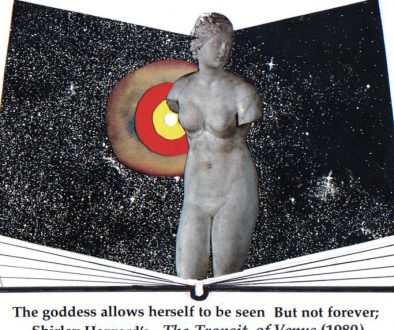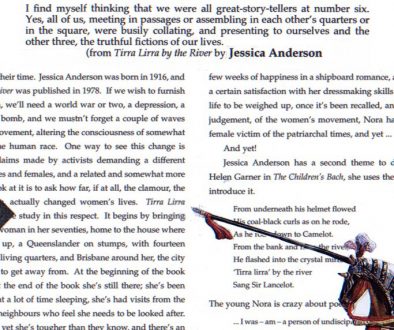19. An afterword

19: An afterword
An afterword:
It’s two years almost to the day since I began writing about Australian writers and their books. I don’t think I asked myself, when I began, where and how I’d end. The earliest essays were easy because the books fell open at places I’d read many times before. For the most part I was putting down the thoughts I’d been having for years. This changed as the series developed. It occurred to me on a number of occasions that the book in hand was not as I’d remembered it; indeed I frequently wondered how I’d misread it so badly when I’d read it years before. This tells us that books change as readers change, and tells us also that a book can have as many interpretations as it has readers. And yet, as we all know, a consensus does form, and certain works get to be seen in certain ways. There’s no preventing this, and it’s a means by which a book becomes publicly owned, part of a country’s life, and memory. The books I’ve written about in my thirty eight essays have all attained that status, in my opinion.
This is not the same thing as creating a canon of great works, a process I distrust because certain people, opinionated critics, mostly, are usually too influential in the creating of such canons. Ordinary readers come to feel they must obey what’s been said by supposedly better minds. This flouts my idea of how a good reading of a book is achieved. [read more]



